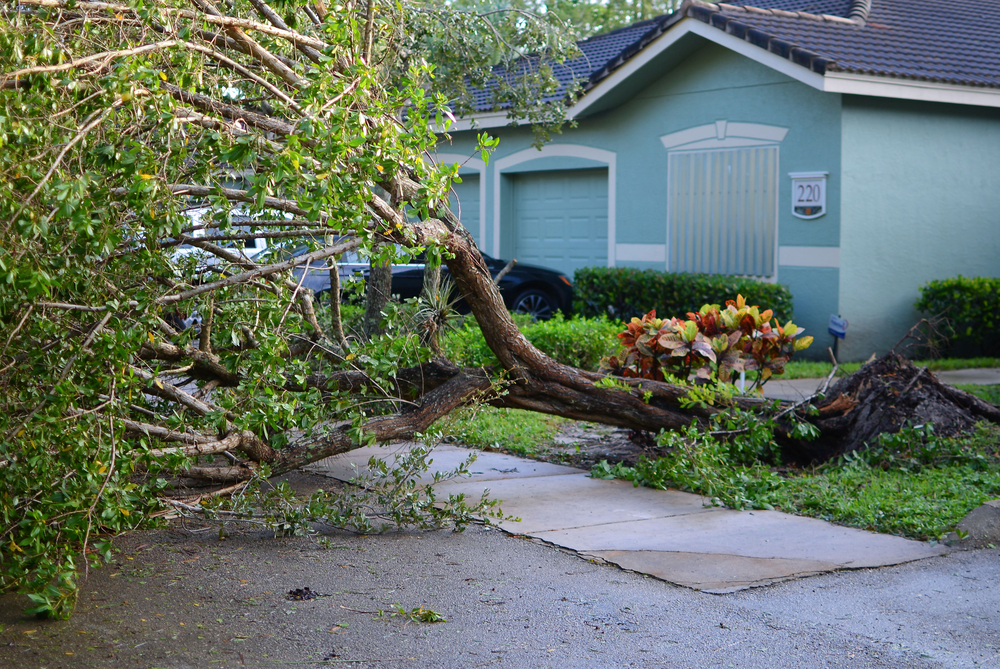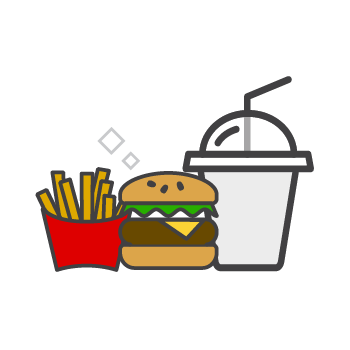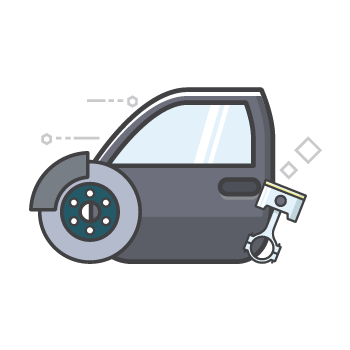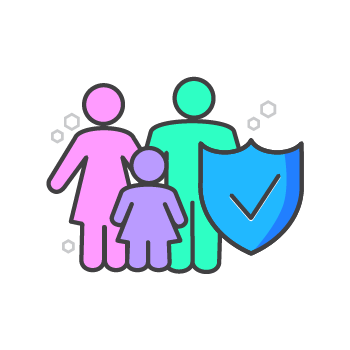Check Out These 20 Safety Tips on How to Clean Up Before and During a Hurricane
by Carolyn Lee Jun 28, 2022

The 2022 Hurricane season will be above average. The National Oceanic and Atmospheric Administration (NOAA) forecasts that there may be a range of 14 to 21 named storms, with six to 10 potentially becoming hurricanes. NOAA expects three to six of the projected hurricanes may become significant.
Some significant hazards associated with hurricanes include rip tides, storm surges, storm tides, rip currents, heavy rainfall, and inland flooding.
When a hurricane causes extensive flooding and debris that damages structures, attempting to return to normal require substantial cleaning-up efforts. Sharp objects and harmful substances could harm people in flooded areas.
20 Safety tips to keep in mind before and during clean-up
- Check on your neighbours to see if they need help.
- Seek medical assistance for persons who have been injured at the nearest clinic, health centre or hospital.
- Listen for updates and instructions from the relevant authorities before venturing out.
- Wear protective clothing like gloves, goggles, safety helmets, high visibility clothing, and safety footwear.
- Do not touch dangling or electrical wires. Also, ensure you report these wires to the relevant authorities immediately.
- Work with a partner or group, so you have someone to help if you encounter difficulties or need help with moving large objects.
- Use text messages, emails, or social media to communicate with others if phone systems are busy. Save phone calls for emergencies only.
- Do not wade into flooded areas, as sharp objects or fallen electrical wires may be obscured in the water. Prevent children from playing in floodwaters.
- Report any sewage leakages and broken water pipes to the relevant authorities.
- Collect debris and fallen branches and put them in areas where they aren’t a hazard to others.
- Unless contaminated, do not empty stored water until regular water services are restored.
- Boil all water used for drinking until a safe water supply is restored.
- To reduce the risk of carbon monoxide poisoning, if you are using a generator, keep it at least 20 feet outside away from doors or windows. Do not grill inside.
- Always wash your hands with soap and water after contact with floodwaters.
- Do not drive through flooded areas.
- Do not eat food that has been in floodwaters or hasn’t been appropriately refrigerated (meats, eggs, seafood, or milk).
- Avoid rodent infestation by keeping food and garbage covered. If possible, trap rodents.
- Minimise the risk of leptospirosis by covering cuts or abrasions with waterproof bandages.
- Throw away medication that has touched floodwaters or requires refrigeration.
- Reduce exposure to mould by limiting the amount of moisture in your home. Clean and dry it quickly. Fix broken pipes and leaking roofs. Also, clean areas that have mould on them.
Cleaning up will be timely and needs to be done correctly. If you are volunteering, always practice safety. Be alert. Be aware, and most importantly, be safe.
Head to Find Yello for a list of businesses that provide essential supplies you can add to your hurricane preparedness kit. If you found this article helpful, we’ve also prepared a list of weather jargons you may hear during the hurricane season.
Sources: ODPEM, CDC, NOAA, and Ready Gov.








